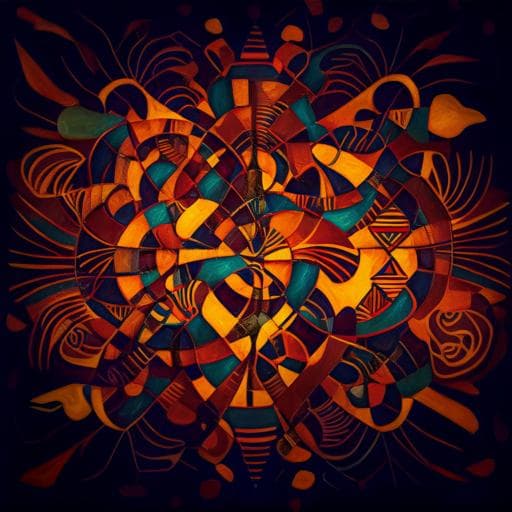
Sociology
A socio-cultural discourse study of cultural-political elites' stances on LGBTI+ identities and practices in Ghana
D. Puorideme and A. L. Diedong
This study by Dennis Puorideme and Africanus Lewil Diedong explores the complex discourse surrounding LGBTI+ issues in Ghana. It reveals how cultural essentialism creates barriers to understanding diverse sexual identities and calls for essential intercultural dialogue.
Related Publications
Explore these studies to deepen your understanding of the subject.







